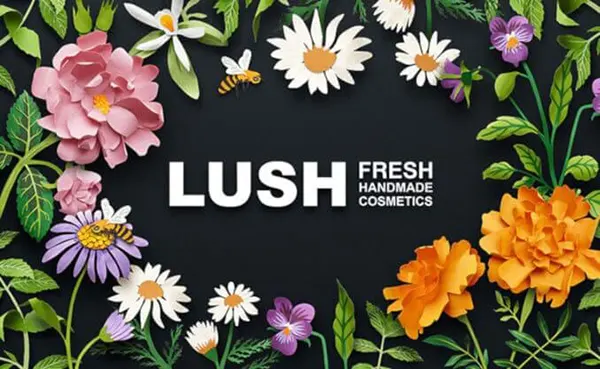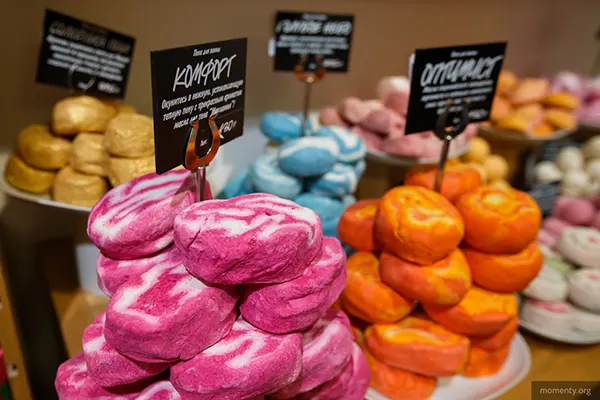
How Lush Became a Model of Environmental Sustainability Without Sacrificing Profit
Lush is widely regarded as a pioneer in sustainable business practices within the beauty industry. Known for its bold ethical stances and a refusal to compromise on environmental values, the company has maintained profitability while adhering to principles that many corporations view as commercially risky. As of June 2025, Lush continues to lead the conversation on zero-waste production, ethical supply chains, and corporate activism, proving that doing good can align with doing well.
Rejecting Conventional Marketing: Lush’s Anti-Social Media Strategy
In an era where visibility often hinges on social media presence, Lush made headlines by stepping away from platforms like Facebook, Instagram, and TikTok. This decision, which could seem reckless to traditional marketers, stems from the company’s desire to prioritise customer mental health and to avoid contributing to what it sees as unethical data practices. Lush officially ended paid promotions on these platforms in 2021 and reaffirmed its stance in subsequent years.
Despite the lack of presence on mainstream social networks, Lush has maintained robust customer loyalty. This is achieved through direct engagement, email campaigns, in-store experiences, and storytelling via their own online channels. They focus on community-driven content, transparency, and consistency in brand ethics — a strategy that continues to yield results without compromising values.
The anti-marketing model has not only preserved their ethical positioning but also highlighted the brand’s independence and long-term vision. This move aligns with the broader consumer shift toward ethical consumption, particularly among younger audiences.
The Profitable Logic Behind Going Dark
Rather than losing traction, Lush found that its departure from social media fostered deeper engagement with its core audience. Consumers seeking authenticity appreciated the brand’s stand, leading to organic publicity and word-of-mouth growth. With increasing scrutiny on digital platforms for mental health concerns and misinformation, Lush’s early decision appears prescient and trustworthy.
From a financial perspective, this shift redirected marketing budgets toward community projects, ethical campaigns, and sustainability investments — areas that further reinforced the brand’s values and customer alignment. Lush’s stable turnover proves that principled business doesn’t mean profit erosion.
Moreover, avoiding traditional algorithms has allowed Lush to retain control over its messaging. Rather than adapting to social media trends, the brand stays consistent, projecting its voice through trusted media partnerships and on-site editorial content that respects users’ attention and data privacy.
Handmade Production and Local Factories
Lush’s handmade model stands in stark contrast to mass production trends dominating the global beauty industry. Each product — from bath bombs to skincare — is made by hand in local production hubs. In 2025, Lush operates multiple ethical factories across Europe, North America, and Asia-Pacific, providing employment while reducing environmental transport costs.
This decentralised model not only allows for fresh, small-batch products but also reinforces traceability and worker welfare. Employees are credited on packaging, encouraging accountability and appreciation for craftsmanship. It’s a radically transparent system that reflects the company’s commitment to dignity at every stage of the supply chain.
Local manufacturing also minimises carbon emissions and supports circular economy initiatives. Lush’s recycling programme for packaging and its packaging-free (naked) product lines are innovations supported by this regional approach, which emphasises community resilience and environmental care.
The Role of Handmade Ethics in Consumer Trust
By centring its supply chain on human labour rather than automation, Lush appeals to a growing demographic of consumers who value authenticity and sustainability. Shoppers are more willing to invest in products where ethical labour is traceable and tangible, even at a slightly higher cost.
This personal connection extends beyond marketing slogans. Knowing who made a product — and how — enhances perceived value and nurtures a sense of shared responsibility. Lush has effectively turned each product into a statement of ethical craftsmanship.
In economic terms, this approach may involve higher production costs, but it also boosts brand loyalty, repeat purchases, and positive public perception — all crucial factors in long-term profitability and resilience in a volatile global market.

Ethical Stance Against Amazon and Platform Exploitation
Unlike many competitors, Lush has firmly resisted listing its products on Amazon. The company has cited ethical concerns, including inadequate control over product presentation, counterfeiting risks, and the platform’s treatment of workers. As of mid-2025, Lush remains absent from Amazon marketplaces globally.
This decision aligns with the brand’s insistence on total supply chain integrity. Selling exclusively through their own channels allows Lush to ensure fair pricing, responsible shipping practices, and customer data privacy — values often compromised on large online retailers.
Lush has also voiced criticism of Amazon’s environmental and labour practices. Through statements and campaigns, the company has called for stronger accountability in e-commerce logistics, including emissions transparency and labour rights — putting pressure on the industry to improve standards.
Balancing Ethics and Revenue Streams
Though avoiding Amazon may seem like a loss in potential revenue, Lush has demonstrated that exclusivity can strengthen brand prestige. Customers know that Lush does not cut corners, and that confidence drives them to buy directly. It’s a controlled ecosystem that reinforces brand identity and ethical consistency.
Additionally, this approach shields Lush from overexposure, counterfeit sales, and damaging customer service experiences outside their control. By maintaining autonomy, the company avoids the reputational risks that come with third-party misrepresentation.
In a retail landscape where many brands sacrifice ethics for exposure, Lush’s choice positions it as an example of how to thrive without compromising on foundational principles.
